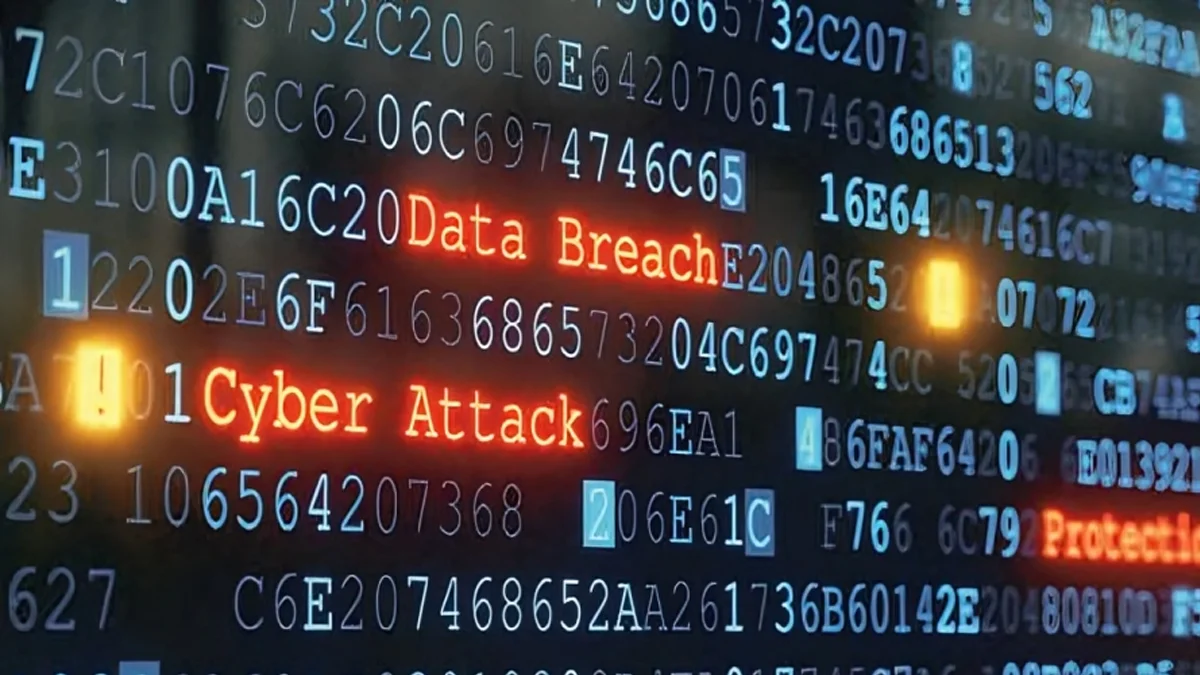Necessary Always Active
Necessary cookies are required to enable the basic features of this site, such as providing secure log-in or adjusting your consent preferences. These cookies do not store any personally identifiable data.
|
||||||
|
||||||
|
||||||
|

A new survey has shown that cybercrime sabotage cost German firms up to $298 billion this past year. Yahoo Finance reported that this amount represents a 29% increase from the previous year.
The survey was conducted by Bitkom, Germany’s trade association for the IT sector. The association surveyed 1000 companies drawn from all sectors.
Bitkom says 80% of businesses that participated in the survey reported being hit by IT or data theft where customer data and passwords were stolen over the past 12 months. Businesses were also hit by sabotage or industrial espionage involving intellectual property like patents.
The association stated that at least 45% of participating companies traced acts of cyberattack or sabotage in German firms to China this year. This is 3% more companies compared to the previous year. The survey also showed that 39% of companies blamed Russia for cyberattacks this year, down from 46% last year.
Majority of companies- 90% expect to be hit by more cyberattacks in the coming 12 months. 10% expect to experience similar levels of attack.
“These figures show how conflict-ridden and tense today’s world is. The threat situation for the German economy is worsening,” Bitkom President, Ralf Wintergerst said. He added that German businesses must boost their protective measures.
China is Germany’s crucial economic partner. But it has also been recognized as one of its business rivals. In recent months, there has been considerable disquiet in industrial circles. This happened after it emerged that for years, Chinese hackers were spying on Germany’s giant automaker, Volkswagen.
Western countries, including Germany, are cautious of over relying on one single country for essential goods as they did with Russia for energy supply. Even with these concerns, Germany has continued to increase its investments in China despite the government warning businesses to de-risk their relationship with the Asian country.
According to Bitkom, Chinese and German businesses are interwoven in the global economy. As such, the current cyberattack threats will likely persist in the coming years.
“What has been built up over several decades in terms of supply chains, joint ventures and other structures cannot be reversed within a few years. It’s simply impossible,” Wintergerst said.
Bitkom said that amidst the worsening threats, businesses are increasingly allocating more funds in their budgets to guard against industrial espionage and cybercrime in German firms. Businesses that participated in the survey reported a 17% increase in their digital security budgets.
This is 3% more than the amount allocated last year. However, only one third of companies reported having emergency plans in place to handle unexpected security incidents within their supply chains.
Related Article: Top 10 Cyber Attacks Hackers Use and How to Prevent Them